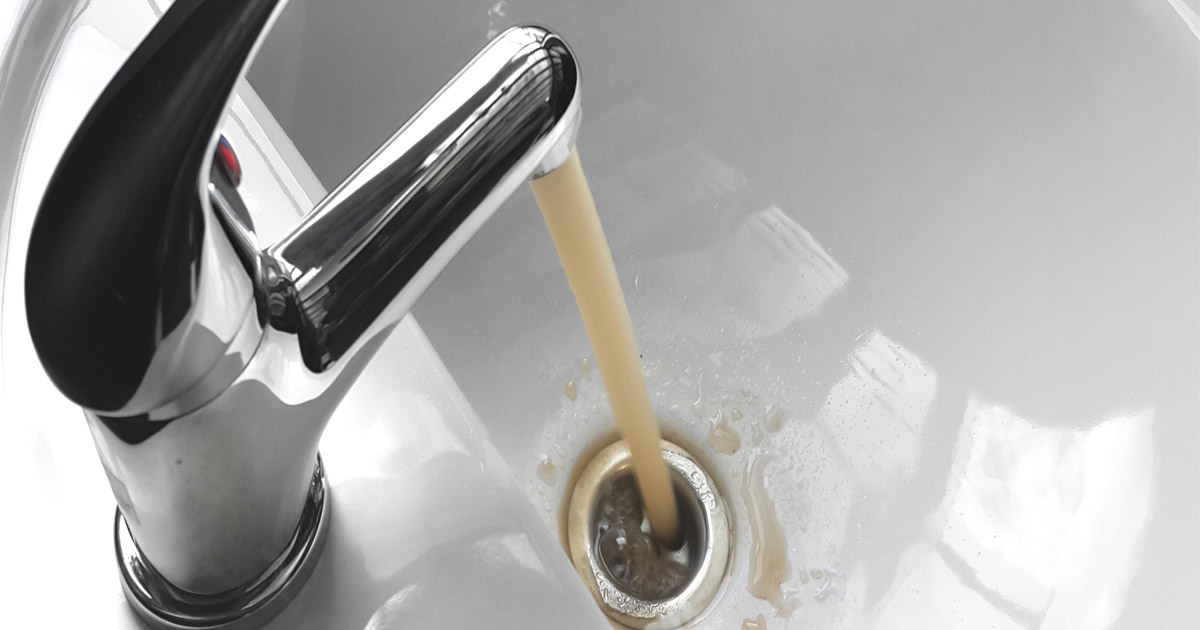MENU
- Home
- Overview
- Attorneys
- Practice Areas
- Firm News
- Blog
- Contact

Water contamination is a serious issue that can have significant adverse effects on a person’s health. Water is one of the most important substances for human life and health. If drinking water is contaminated, it quickly becomes a hazard rather than nourishment. Contamination can lead to serious injury or illness, and a victim may need to seek legal assistance to recover damages.
Water contamination has been known to cause serious illness in children and adults and has been found to be responsible for birth defects when consumed by pregnant women. When considering a lawsuit for water contamination, one should think about the following:
These are not the only factors that are relevant to a lawsuit for water contamination. Additionally, each one of these does not have to be met to file a suit. These types of lawsuits are complicated, but a toxic tort lawyer can help their client understand all possible options.
The United States has some of the safest and cleanest drinking water because of regulations implemented by the Environmental Protection Agency (EPA). However, contamination still happens. Even though there are rules in place when it comes to water supplies, many components of the public water system are old and outdated.
A water supply can become contaminated when a pipe breaks or becomes damaged, allowing foreign substances to get in the water. Additionally, water can be contaminated by materials from decaying water pipes. Any defect that allows unintended substances into the water supply can lead to dangerous contamination.
Drinking water contamination can include the presence of parasites, like Giardia, or viral infectious elements, like norovirus. It can also relate to known harmful substances, like asbestos and led. The Centers for Disease Control and Prevention (CDC) has identified a large number of water contaminants and tracks data for the public health issues resulting from them.
Identifying specific contaminants requires professional testing. However, there are a few ways to help identify unsafe water:
If one believes they have an illness because of contaminated water, they should speak to a lawyer right away.
Water contamination can be extremely damaging. If you are suffering from the adverse effects of water contamination, you are likely entitled to compensation. A Wilmington toxic tort lawyer at Jacobs & Crumplar, P.A. can help determine if you have a case for compensation. Contact us online or call us at 302-656-5445 for a free consultation. Located in Wilmington and Millsboro, Delaware, we serve clients throughout Dover, New Castle County, and Sussex County.